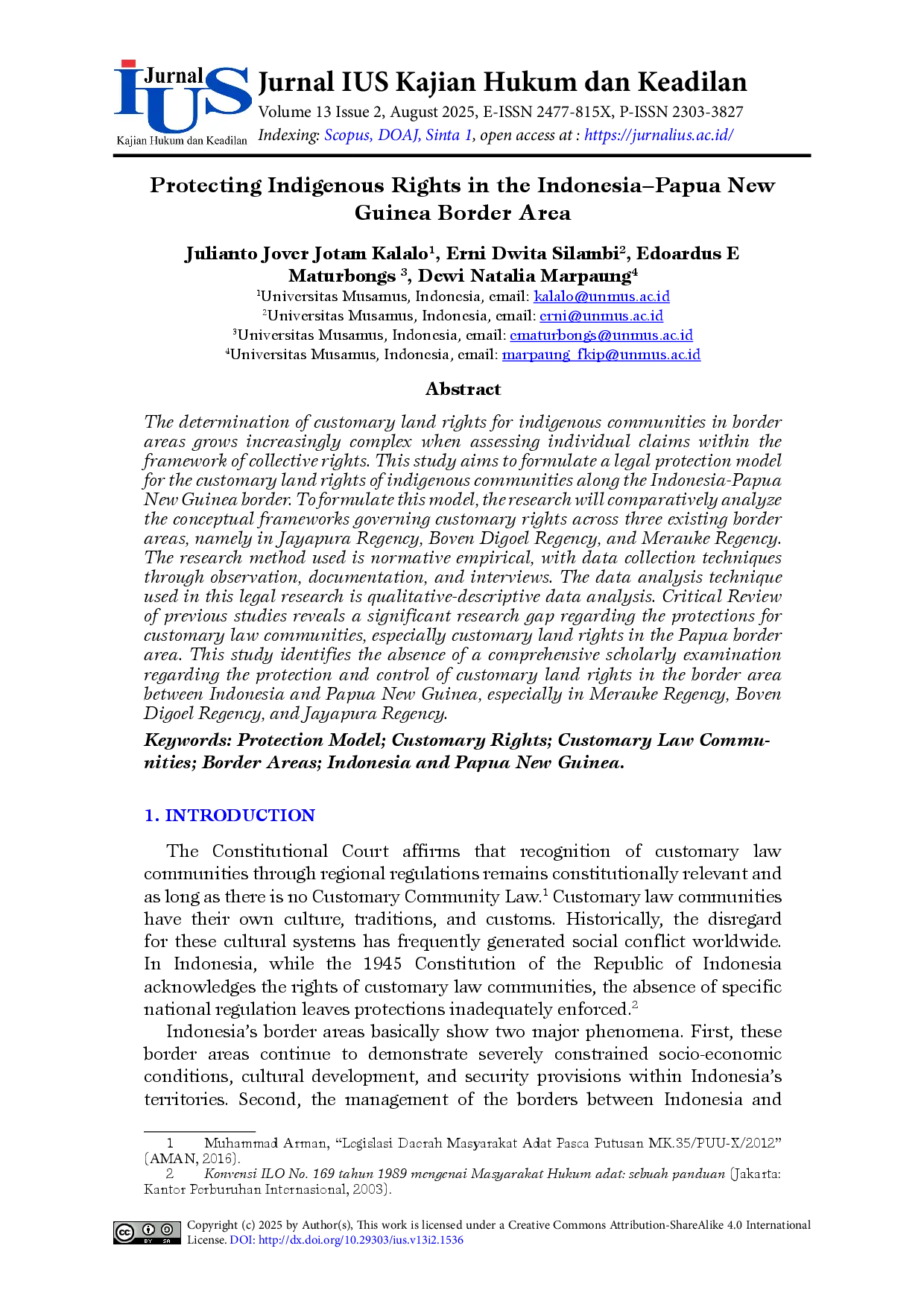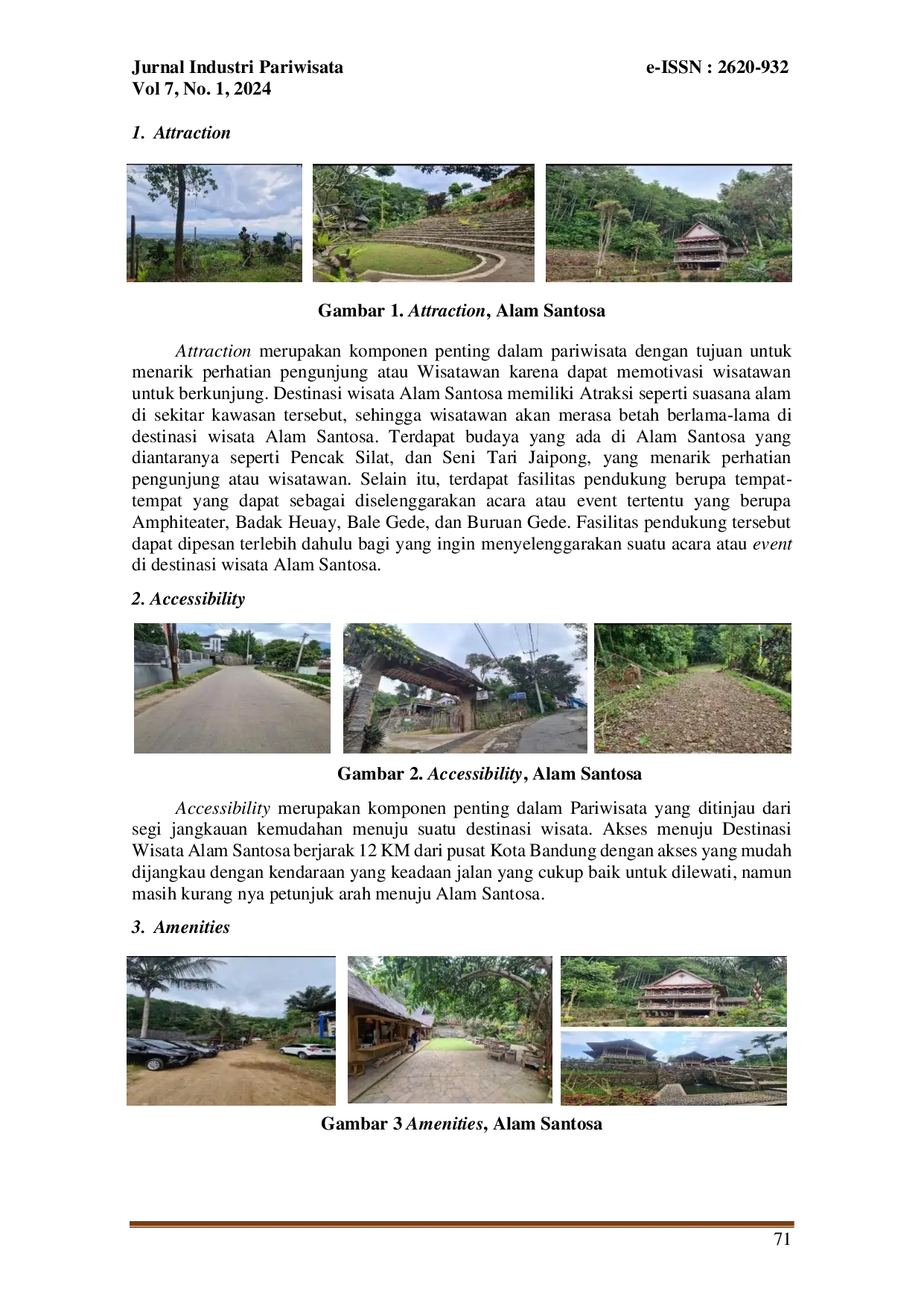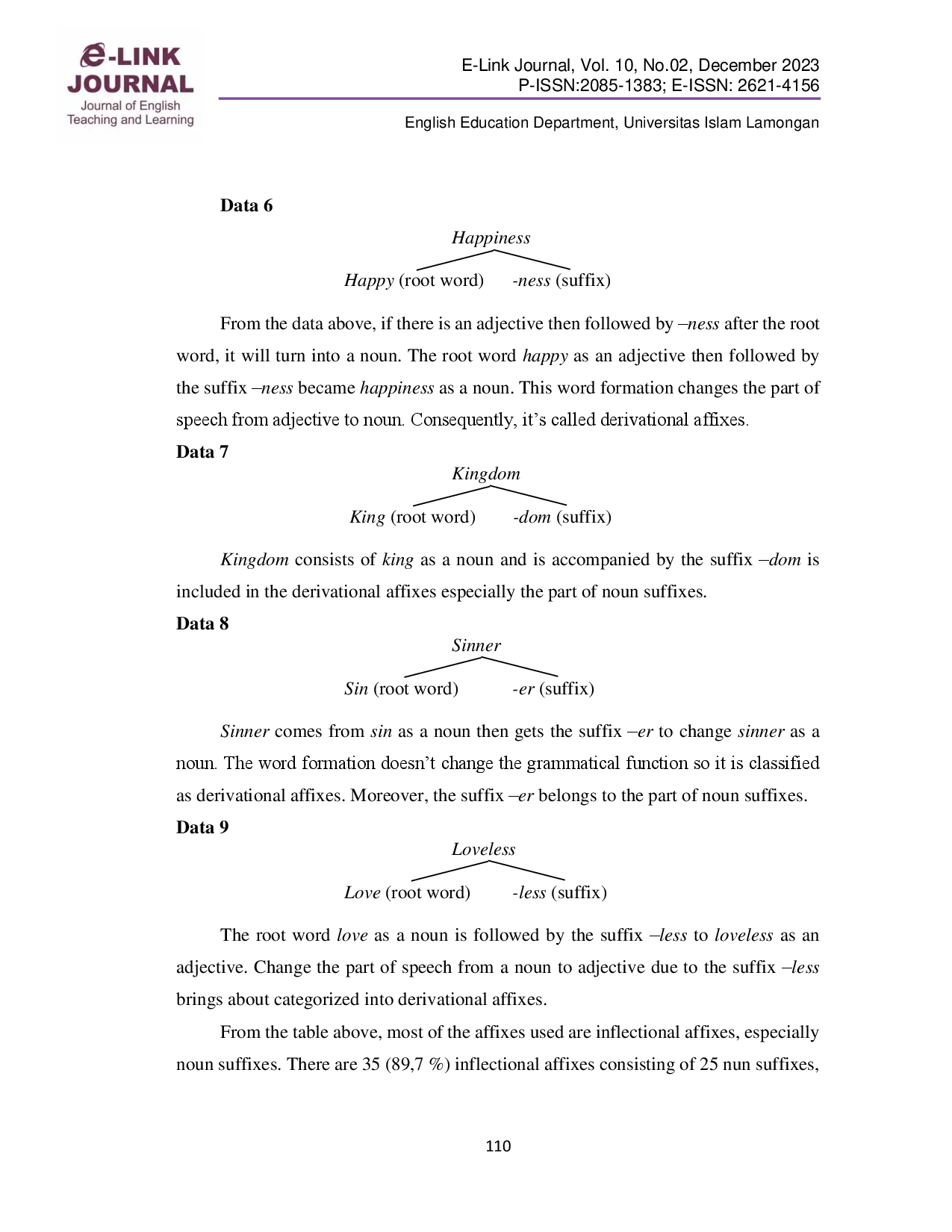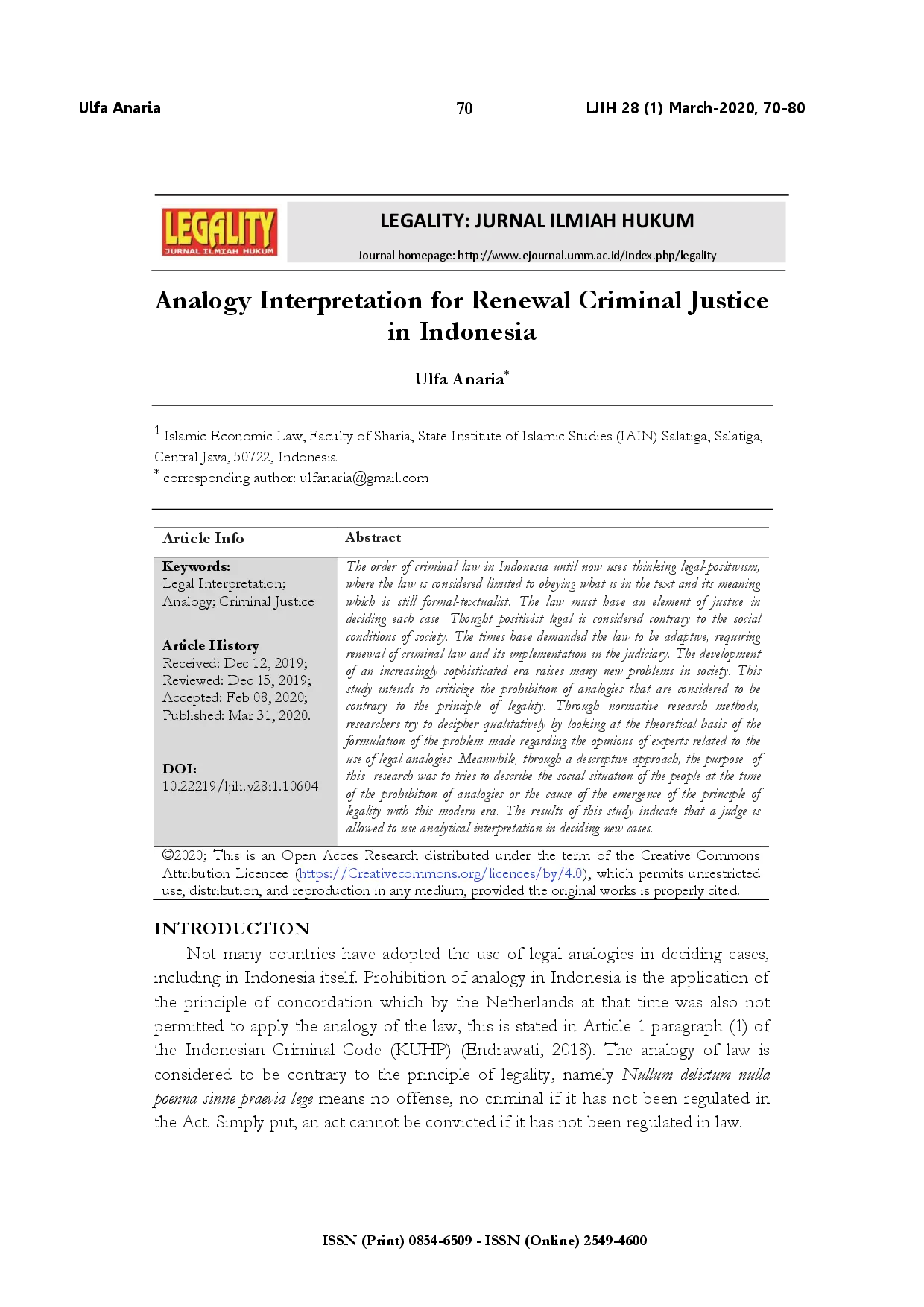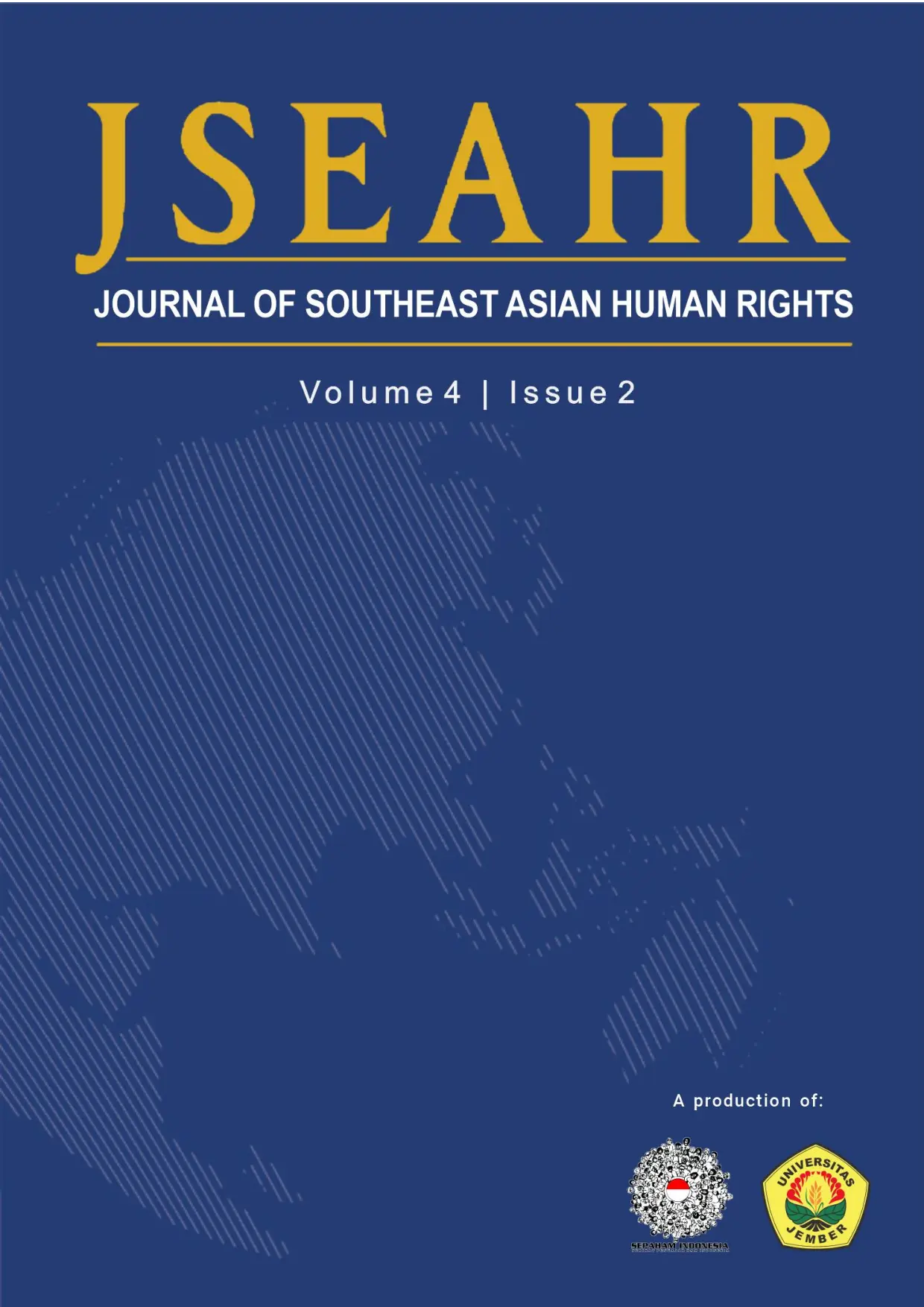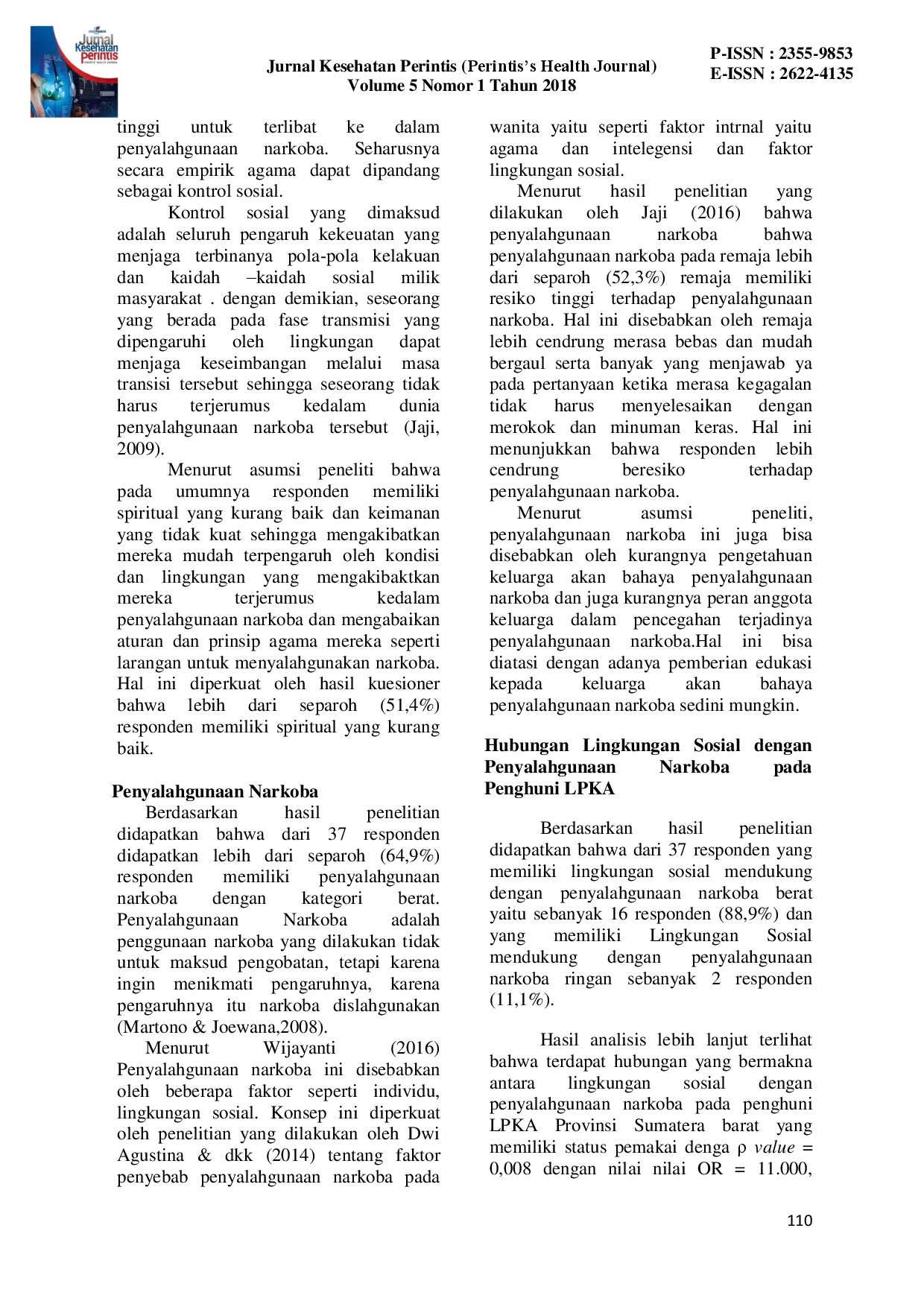IUSIUS
Jurnal IUS Kajian Hukum dan KeadilanJurnal IUS Kajian Hukum dan KeadilanThe existence of marketplaces helps MSMEs expand their business reach and facilitates their transformation into digital MSMEs. However, issues have emerged concerning private marketplace platforms in Indonesia, particularly related to the increasing commission fees and direct-to-consumer sales by producers that bypass traditional distribution channels, disadvantaging smaller businesses. This raises the question of how local governments, as part of the welfare state, can establish and regulate marketplaces to empower MSMEs. The research method used is normative legal research with a statutory approach. The results of the study show that in accordance with the welfare state principle, the government bears responsibility for the economic welfare of its citizens. Local governments play a crucial role in supporting MSMEs by developing regionally owned marketplaces. These platforms implement policies such as differentiated commission rates based on the scale of the business, where smaller enterprises are subject to lower fees, and allow only MSME-scale producers and those selling perishable goods to conduct direct sales. These measures are intended to provide fairer access and greater protection for micro small and medium enterprises within the digital economy.
The study concludes that the Indonesian state, aligned with welfare state principles, has a constitutional obligation to protect and empower Micro, Small, and Medium Enterprises (MSMEs).The establishment of regional marketplaces by local governments represents a concrete step towards fulfilling this obligation by offering a more equitable alternative to private platforms.To effectively empower MSMEs, these marketplaces must implement policies that prioritize the interests of small businesses, including differentiated commission rates and restrictions on direct sales by larger producers.
Further research should explore the effectiveness of varying commission structures on regional marketplaces, examining the optimal fee levels that balance sustainability for the platform with affordability for MSMEs. Investigating the legal mechanisms required to enforce fair competition rules within the digital marketplace ecosystem is crucial, ensuring that private platforms adhere to principles of equitable trade. Additionally, studies should assess the potential of integrating regional marketplaces with broader national digital infrastructure initiatives, creating a unified and accessible platform for all Indonesian MSMEs to participate in the digital economy.
- Perkembangan Interpretasi Hukum Oleh Hakim Di Indonesia Dalam Dominasi Tradisi Civil Law System | Jurnal... doi.org/10.26623/jic.v7i2.4799Perkembangan Interpretasi Hukum Oleh Hakim Di Indonesia Dalam Dominasi Tradisi Civil Law System Jurnal doi 10 26623 jic v7i2 4799
- Peran Pemerintah Daerah dalam Pengembangan Usaha Mikro Kecil dan Menengah (UMKM) “Handycraftâ€... doi.org/10.36418/syntax-literate.v6i5.2701Peran Pemerintah Daerah dalam Pengembangan Usaha Mikro Kecil dan Menengah UMKM yCeHandycraftyCAy doi 10 36418 syntax literate v6i5 2701
- Kegiatan Investasi yang Dilakukan Secara Online Dihubungkan dengan Undang-Undang Nomor 11 Tahun 2008... doi.org/10.29313/bcsls.v2i2.2526Kegiatan Investasi yang Dilakukan Secara Online Dihubungkan dengan Undang Undang Nomor 11 Tahun 2008 doi 10 29313 bcsls v2i2 2526
| File size | 447.96 KB |
| Pages | 26 |
| DMCA | ReportReport |
Related /
IUSIUS Hasil studi menemukan empat pengaruh utama keterlibatan civil society dalam perubahan kebijakan pendidikan nasional: (1) civil society sebagai kontrolHasil studi menemukan empat pengaruh utama keterlibatan civil society dalam perubahan kebijakan pendidikan nasional: (1) civil society sebagai kontrol
IUSIUS Berdasarkan penelitian, dapat disimpulkan bahwa perlindungan hukum hak-hak masyarakat hukum adat di wilayah perbatasan antara Indonesia dan Papua NuginiBerdasarkan penelitian, dapat disimpulkan bahwa perlindungan hukum hak-hak masyarakat hukum adat di wilayah perbatasan antara Indonesia dan Papua Nugini
USAHIDUSAHID Destinasi Wisata Alam Santosa merupakan tempat atau destinasi wisata yang menawarkan keindahan Alam yang masih asri dengan konsep edukasi ekowisata danDestinasi Wisata Alam Santosa merupakan tempat atau destinasi wisata yang menawarkan keindahan Alam yang masih asri dengan konsep edukasi ekowisata dan
NEWINERANEWINERA Perguruan tinggi sebagai lembaga publik, sesuai dengan mandat Tri Dharmanya, yaitu pendidikan, penelitian, dan pengembangan pelayanan masyarakat, wajibPerguruan tinggi sebagai lembaga publik, sesuai dengan mandat Tri Dharmanya, yaitu pendidikan, penelitian, dan pengembangan pelayanan masyarakat, wajib
Useful /
UNISLAUNISLA Penelitian ini menggunakan analisis dokumen untuk mengumpulkan data dimana dokumen diambil dari bentuk elektronik khususnya pada alamat website lirikterjemahan.id.Penelitian ini menggunakan analisis dokumen untuk mengumpulkan data dimana dokumen diambil dari bentuk elektronik khususnya pada alamat website lirikterjemahan.id.
UMMUMM Berangkat dari pemikiran Pompe, tampaknya analogi hukum perlu digunakan dalam peradilan pidana. Oleh karena itu, perkembangan zaman dan teknologi mendorongBerangkat dari pemikiran Pompe, tampaknya analogi hukum perlu digunakan dalam peradilan pidana. Oleh karena itu, perkembangan zaman dan teknologi mendorong
UNEJUNEJ Jurnal ini menyajikan berbagai artikel tentang hak asasi manusia di Asia Tenggara, termasuk tentang ruang politik yang menyusut di Indonesia, keragamanJurnal ini menyajikan berbagai artikel tentang hak asasi manusia di Asia Tenggara, termasuk tentang ruang politik yang menyusut di Indonesia, keragaman
UPERTISUPERTIS Terdapat hubungan yang signifikan antara lingkungan sosial (ρ = 0,008 dan OR = 11,000) dan spiritual (ρ = 0,001 dan OR = 29,143) dengan penyalahgunaanTerdapat hubungan yang signifikan antara lingkungan sosial (ρ = 0,008 dan OR = 11,000) dan spiritual (ρ = 0,001 dan OR = 29,143) dengan penyalahgunaan

